
A NOBLE FIGHT

2008 by Corey D. B. Walker
All rights reserved
Manufactured in the United States of America
C 5 4 3 2 1
 This book is printed on acid-free paper.
This book is printed on acid-free paper.
Library of Congress Cataloging-in-Publication Data
Walker, Corey D. B.
A noble fight : African American freemasonry and the struggle for democracy in America / Corey D. B. Walker.
p. cm.
Includes bibliographical references and index.
ISBN 978-0-252-03365-0 (cloth : alk. paper)
1. African American freemasonryHistory.
2. African American freemasonsHistory.
I. Title.
HS883.W33 2008
366'.108996073dc22 2008012684
Preface:
A Note on Freemasonry
The major themes explored in A Noble Fight: African American Freemasonry and the Struggle for Democracy in America go beyond the intimate contours of the associational formation of Freemasonry proper. This book is a critical intervention in the wide-ranging and quite vigorous debate on the roles and functions of voluntary associations and their relations to the idea(l)s and practices of democracy in the modern world. As such, it should not be assumed that the reader must have a deep and thorough knowledge of the material practices and ritual logics of this particular voluntary association. However, it may prove helpful to the reader to be acquainted with some of the essentials of the fraternal order.
Freemasonry in the United States has its origins in the first grand lodge that appeared in London around 1717. Shedding its image as a guild for operative artisans and craftsmen while signifying on the practices, styles, and tools of these trades, speculative Freemasonry emerged as a ritual-based fraternal order designed to inculcate the noble principles of love, charity, and brotherhood in all of its members. As Freemasonry spread throughout the modern world, the craft, as it is colloquially known, grew to encompass other peoples from various cultures in all regions of the globe.
Each lodge of Freemasons is composed of a minimum of seven members. These seven members, in rank order, are: Worshipful Master, Senior Warden, Junior Warden, Senior Deacon, Junior Deacon, Secretary, and Treasurer. In order for a group of Freemasons to meet as a legitimately constituted lodge of Freemasons, they must obtain a charter from an authorized grand lodge that has jurisdiction over the geopolitical area where the lodge will be located. The grand lodge is the presiding body of Freemasons endowed with Masonic jurisdiction over a prescribed area. The presiding officer of the grand lodge is the Grand Master. In the United States, the boundary of each state forms the jurisdiction for the grand lodge.
In order to become a Freemason, a male of lawful age (generally twenty-one years old) must submit an application or petition to a Freemason lodge in his local area. If the members of the lodge accept the petition, the individual undergoes the ritual initiation into the mysteries of Freemasonry. The initiation is a three-part process whereby the individual, upon exhibiting satisfactory mastery of the rites and ritual of each stage, is initiated as an Entered Apprenticed, passed as a Fellow Craft, and raised as a Master Mason. Each component of this process is referred to as a degree, with the Master Mason being the third and final degree. As a Master Mason, the individual is welcomed as a full member of the lodge and the brotherhood of Freemasonry. The individual may acquire additional degrees in either the York or Scottish rites of Freemasonry; however, the first three degrees form the basis of the fraternity.
In the United States, African American Freemasons are generally affiliated with the Prince Hall Masonic order. With forty-one grand lodges operating within the United States and three grand lodges abroad, Prince Hall Freemasonry is the largest organized body of African American Freemasons. Long considered illegitimate or clandestine by white Freemasons in the United States, Prince Hall Freemasons were formally recognized as regular Freemasons in 1996 by the United Grand Lodge of England. Although some have heralded the reconciliation of white and black Freemasons, African American and European American Freemasons still maintain separate and distinct identities.
Acknowledgments
Hear my cry, O God the Reader; vouchsafe that this my book fall not still-born into the world wilderness.
W. E. B. DuBois
A Noble Fight began as a small part of a much larger research effort undertaken by the Carter G. Woodson Institute for African American Studies at the University of Virginia. In the summer of 2000, then Woodson Institute director Reginald D. Butler and associate director Scot A. French invited me to work with them on a research project designed to map the changing cartography of race in central Virginia from the colonial era through the postemancipation period. I was initially hesitant because I felt the project would take me too far afield from my own dissertation work exploring the philosophies of African American intellectuals in Europe at the turn of the twentieth century. Returning from a research trip to Germany without any additional grant funds and few prospects in sight removed any hesitation I might have initially experienced. After a summer talking with Reginald and Scot and working to preserve the records of Jefferson Lodge #20 Free and Accepted Masons, Prince Hall Affiliated, I soon realized that a new project was emerging, one that would push my training in philosophy, theology, history, and critical theory in new directions. From a chance research endeavor, I have been able to develop a series of questions that continue to inform my teaching and research. A Noble Fight is the first in a series of book-length projects to result from the questions that were initially generated and formulated over the course of that remarkable summer.
Over the years, this work has benefited from the contributions of a number of individuals who gave graciously and generously of their time, their knowledge, and their friendship. Without the support and encouragement of my advisor Kimberley L. Phillips, the initial doctoral dissertation on which this book is based would not have been written. She supported my decision to change projects and expressed the utmost confidence in my ability to pursue the questions I was raising. Kim is a model teacher, researcher, and scholar of the highest integrity. I am ever so grateful to have had the opportunity to study with such an accomplished intellectual and compassionate human being. My committee members at the College of William and Mary, Melvin P. Ely and Arthur L. Knight, were perceptive readers and challenging critics and I thank them for encouraging me in this project. Words cannot express my sincere appreciation for the generosity of Reginald and Scot. From our first meeting in the fall of 1996, Reginald and Scot welcomed a former insurance underwriter, renegade prison chaplain, and rebellious theology student to the Woodson Institute where I would gain an intense appreciation for all things local. The institutional and intellectual space they created empowered me to critically rethink the mundane and the ordinary in order to capture a glimpsehowever fleeting and fragmentaryof the complexities of lived experience. Without their hospitality, A Noble Fight would not have been written.
I have been gifted with the opportunity to work in one of the most intellectually stimulating and theoretically challenging departments in the nation. I want to thank my colleagues in the Department of Africana Studies at Brown University for creating a critical
Next page
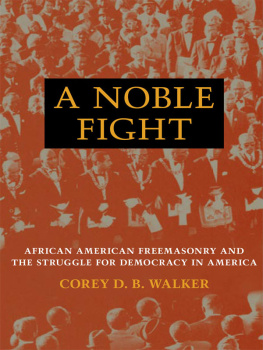
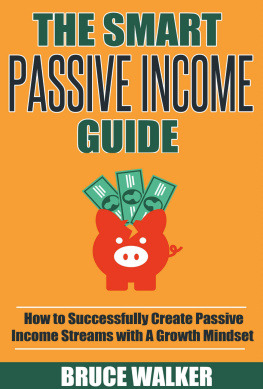


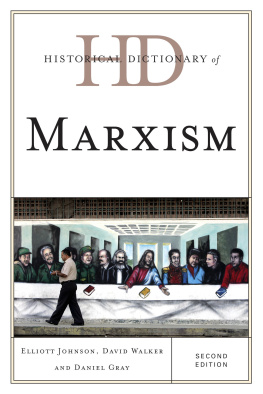
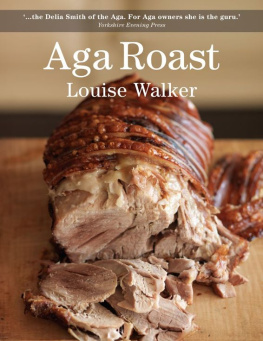


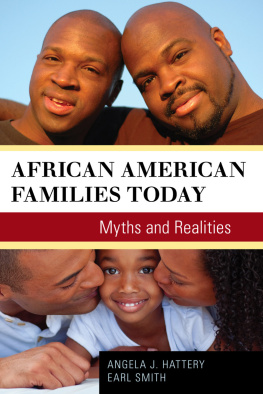
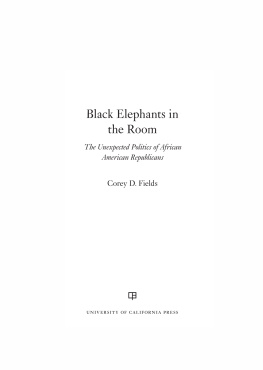
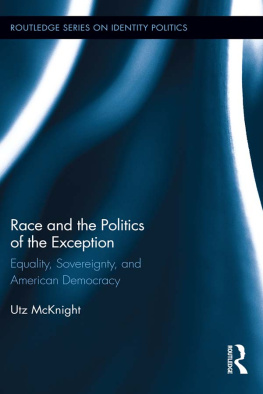
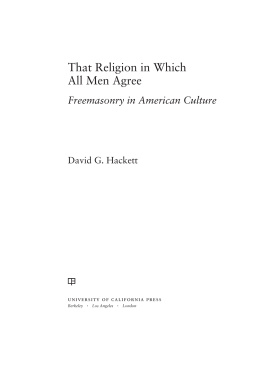
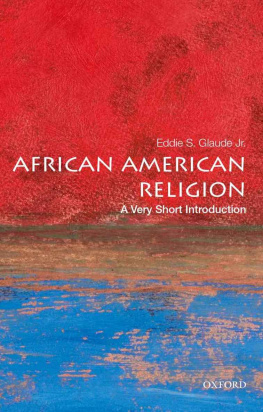
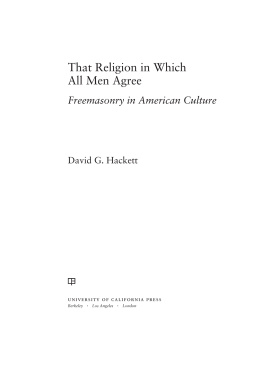
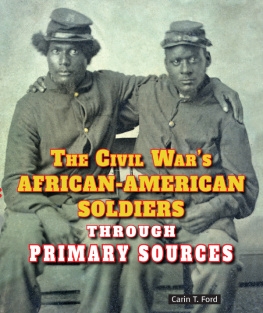


 This book is printed on acid-free paper.
This book is printed on acid-free paper.